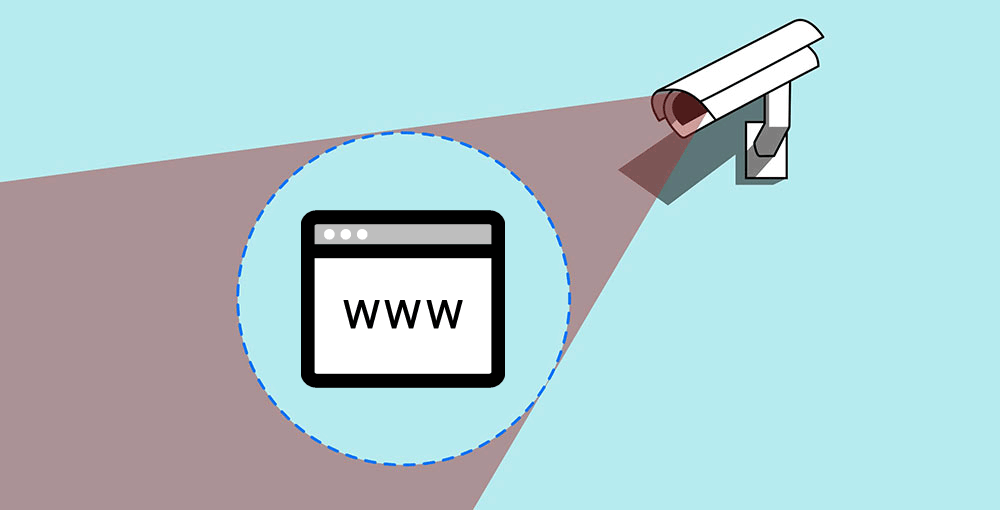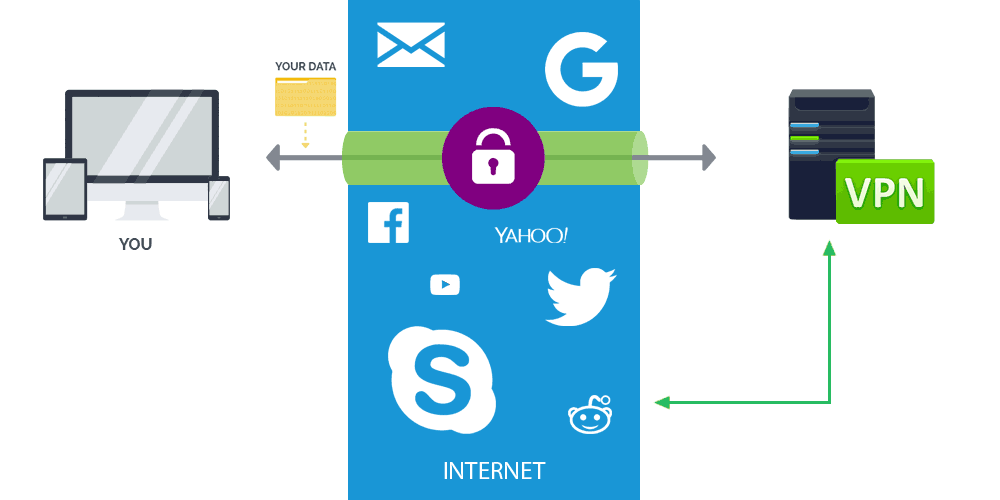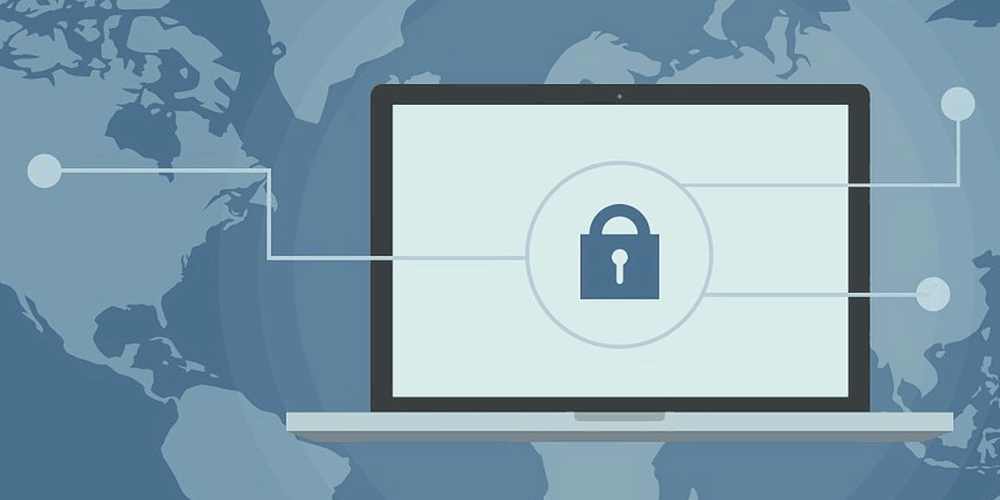Unless you can obtain a number of resources, like IP address space, permission, proper authority, bandwidth, router and more, you should end up in using an ISP to connect to the internet.
Internet service providers are organizations or companies that provide services for you to access, use, and participate in the internet. ISP can either commercial, community-owned, or non-profit, or may other wise be privately-owned.
You need to pay an amount of money to use their services.
In return, you will gain access to the internet, with scope that may differ from one country to another due to regulations and restrictions. While using the internet, you're urged to obey the laws, and not abusing it at the very least. While you're literally free to do anything else, your ISP is actually recording and logging your activities.
What this means, the authorities who want to know your online activities can simply contact your ISP, and there can be nothing to stop that from happening.

This is because in many countries, the authorities have the rights to monitor some or all of the information transmitted by ISPs conducting business in their respective countries. Furthermore, some countries' ISPs are also subject to monitoring by intelligence agencies.
Because of the law, modern ISPs need to integrate some kind of surveillance system and packet snipping equipment on their networks. This can be used to feed data to law-enforcement/intelligence networks, allowing monitoring of users' internet traffic in real time.
As end users, what you experience on your devices may not show any evidence of their surveillance activities. After all, the internet is what you want, and as long as you pay for it, you will get the internet you want.
But if you care about your privacy, is there anything you can do to prevent your ISP from collecting and logging your data? Is there a way for the government to be clueless about your browsing habit, your browsing history, and whatever you're doing on the web?
The answer is yes.
The first way is by using a VPN.
So, if a VPN can protect your online activities, can it also protect you from government's spying and surveillance?
Short answer: yes. Long answer: not necessarily.
The reason why ISPs cannot see your browsing activities when using a VPN is because a VPN simply digs a 'tunnel' to bypass everything. Your online activities are then made to pass through the tunnel, with the VPN encrypting your traffic as they go. Your ISP knows that you use a VPN, but the only information they can see would be the VPN's IP addresses, and not the actual traffic.
Everything from DNS resolution to request routing is done through the VPN server once the connection to the server is established. Most secure VPN servers can use more secure protocols and encryption, meaning that your data can be encrypted at every level and not just in certain aspects.
Your internet traffic is encrypted and looks like complete gibberish.
Because of this, all ISPs can see, is some gibberish data that is near-impossible to decrypt without compromising the VPN itself or your own device.
What this means, your ISP won't be able to see the websites you visit, or the kinds of data exchange you're doing over the internet.
It's not at all difficult for your ISP to know that you're using a VPN.
The good thing for you as users is that, ISPs don't care if you use a VPN. As long as you pay for the internet (paying the ISP), they are practically careless in whatever you're doing on the web.
Your ISP is simply your friend on the internet. It protects you to a certain degree, and it hates regulations as much as you do. But in the end, they need to comply with the law or it will get its license revoked and shut down.
So unless the authorities stepped in to ask about your information, ISPs would rather stay quiet.
Read: Explaining The Types Of VPN Services And The Protocols They Use

When law enforcement wants to acquire your browsing history, with or without a warrant, the first thing they do is contacting the ISP you are using.
But if your ISP cannot see the sites you visit because you were using a VPN, the government won't stop just there. Since it's not at all difficult for your ISP to know that you're using a VPN, the authorities will get that information, and contact your VPN for your information.
The problem with VPN is that, they may also track you down. Some VPNs do keep logs of their users' activities, despite claiming not to.
The sad thing about commercial VPNs is that, they are already overglorified with fraud for the sake of monetizing your privacy. What's more, there is no easy way to set things behind a VPN and simply forget them. There are holes, and as end users, you are the most vulnerable.
If someone with enough power wants to track you, like as per government requests, most VPNs are plain useless.
But at the very least, you need to do some research and make a wise decision when choosing a VPN. It’s important to do go with one that you trust.
In the end, a bad decision simply shifts your vulnerability from your ISP to your VPN provider.
Read: Choosing The Best VPN: Know How To Protect Yourself

Conclusion
Privacy and the internet rarely come together.
There are many ways you can protect your privacy. But remember that holes are everywhere, and there is no saying which hole you will fail to see and plunge into.
If you only want to access ISP-blocked websites, if doesn't matter what method you use. You can simply use proxies, VPNs or Tor. They should all work fine.
If you need privacy, VPN can be your choice. But never totally rely on third-party solutions because anything can happen as soon as your data leaves your device. While VPNs can say that they keep no logs, they is no guarantee if that is certainly the case.
And if you can about anonymity more than anything else, experts like Edward Snowden who advocates internet security for anyone who uses the web, has Tor as their choice.
Tor bounces your data through multiple relays and mixing it with other users. This makes your actual chain of behavior essentially next to impossible to follow, making the authorities of any kind to have a hard time tracking you down.
But again, there is no guarantee is this too.
Another solution is to combine the solutions above. But still, guarantee may never exist in this digital world. Just like any human inventions, there are always flaws waiting to be uncovered.
And let's not forget that humans make flaws too. There could be a time that you simply forget turning on your VPN, for example, or put your email address somewhere that could be traced back to your name, having leaked passwords, having your identity resides in hacked databases that include your name or address, having used weak passwords, and countless more of possibilities.
In conclusion, there are certainly ways to protect your identity. But no matter how good the product is, there ca be flaws. There is no guarantee that your identity will be protected a 100% at all times.
This is why you should refrain yourselves from doing what the laws forbid you to do.
If you haven’t done anything wrong, you don’t have anything to fear. But if you are using the internet to break the law, you're risking everything no matter how well you try to protect yourself.
Never rely on one solution to get away with things you know you shouldn't be doing.
Read: On The Internet, Be Very Careful: Maintain Privacy By Limiting What You Give
